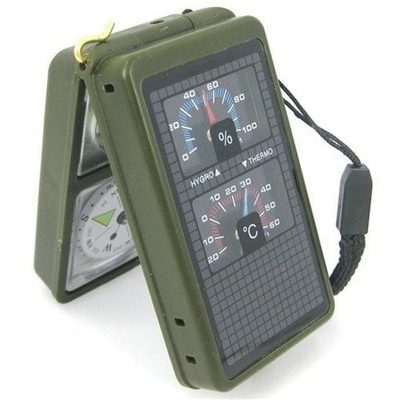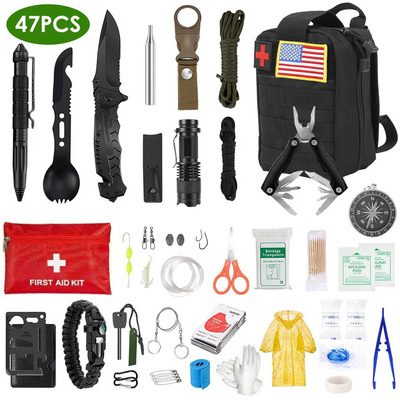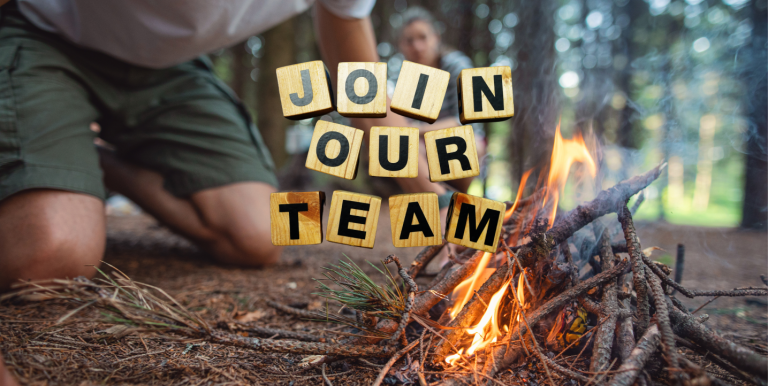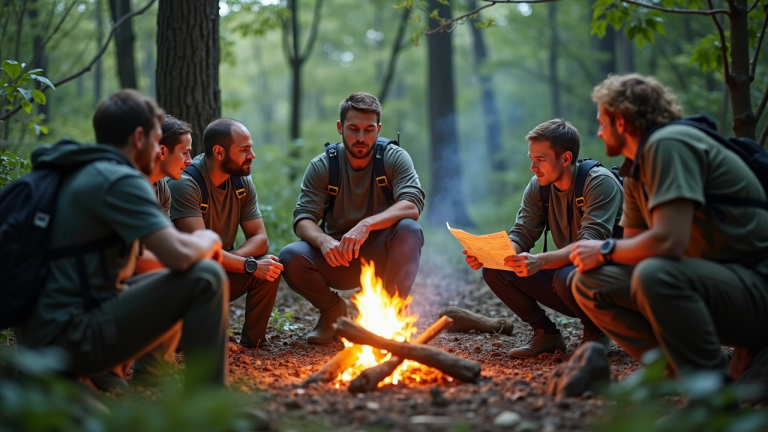Wilderness and Off-Grid Living
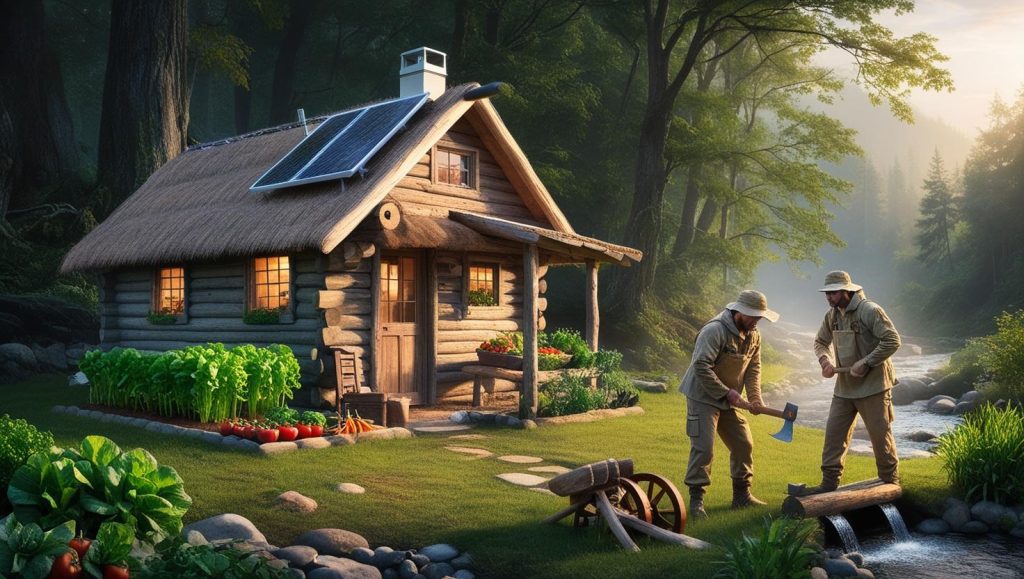
Embracing the Wild: The Comprehensive Guide to Wilderness and Off-Grid Living
In an era dominated by digital connections and urban sprawl, the allure of wilderness and off-grid living has grown exponentially. For many, the idea of retreating into the natural world, away from the hustle and bustle of city life, holds a special kind of appeal. This lifestyle is not just about escaping societal pressures; it’s about reconnecting with nature, becoming self-reliant, and fostering a deep sense of peace. However, transitioning to a life off-grid is no small feat. It requires preparation, resilience, and a profound respect for the environment.
# Understanding Wilderness Living
Wilderness living involves setting up a home in remote areas that are typically inaccessible by standard vehicles and are far from urban infrastructure. This type of living is profoundly intimate with nature, involving daily interactions with the flora and fauna of the area. It encourages a minimalist lifestyle, heavily reliant on the natural resources available and one’s skills in using them efficiently.
The primary appeal of wilderness living is its simplicity and the freedom it offers from societal constraints. It allows individuals to escape the relentless pace of modern life and find tranquility in nature’s rhythms. However, this lifestyle also demands a high level of adaptability and survival skills to cope with challenges such as weather extremes and potential isolation.
# The Basics of Off-Grid Living
Off-grid living means disconnecting from utility services such as electricity, water supply, and sewer systems, and instead creating your own systems that can sustain your household independently. People choose off-grid living for various reasons including environmental concerns, financial savings, and a desire for autonomy.
To live off-grid successfully, one must consider several key elements:
1. Energy Solutions: Solar panels, wind turbines, or hydropower can provide renewable energy. Efficient energy storage systems like batteries or even backup generators are essential to ensure continuous power supply.
2. Water Resources: Rainwater harvesting systems and wells can secure a water supply. It’s crucial to have a system for purifying and filtering water to make it safe for consumption.
3. Waste Management: Composting toilets and waste composting are sustainable alternatives to sewer systems. Proper waste segregation and disposal help minimize environmental impact.
4. Food Self-Sufficiency: Growing your own food through gardening or permaculture and raising livestock can significantly reduce dependence on external food sources.
# Skills Necessary for Wilderness and Off-Grid Living
Living off-grid in the wilderness requires more than just physical resources; it also demands a variety of skills:
– Survival Skills: Basic survival skills like fire-making, shelter-building, water sourcing, and navigation are crucial.
– First Aid Knowledge: In remote areas far from medical facilities, knowing how to handle medical emergencies is vital.
– Building Skills: Abilities in carpentry, plumbing, and electrical work are beneficial for setting up and maintaining a home.
– Agricultural Skills: Knowledge in gardening, animal husbandry, and natural pest control are essential for self-sufficiency.
# Challenges Faced
While the thought of living away from modern societal pressures is appealing, there are significant challenges:
– Isolation: Physical and sometimes social isolation can be challenging. It’s important to prepare mentally for this aspect of wilderness living.
– Weather Extremities: Living in remote areas can expose you to harsh weather conditions which can be difficult to predict and mitigate.
– Access to Emergency Services: Immediate access to emergency help is limited; thus, preventive measures are critical.
# Legal Considerations
Before embarking on an off-grid journey, it’s crucial to understand local laws concerning land use, building codes, water rights, and environmental regulations. Compliance with these laws is essential to sustainably integrating into your chosen locale without legal repercussions.
# Conclusion
Wilderness and off-grid living offer a unique opportunity to redefine one’s lifestyle, prioritize sustainability, and enhance personal resilience. While the challenges are real and numerous, the rewards of a peaceful life aligned with nature’s cycles can be profoundly fulfilling. As our world becomes increasingly interconnected yet paradoxically isolated, the call of the wild serves as a potent reminder of our intrinsic ties to the natural world around us. For those willing to embrace these challenges head-on, wilderness living can transform life in unimaginable ways.

 5'' MTECH Military Tactical Fixed Tanto Blade Combat Neck Knife w/ Chained Sheath
5'' MTECH Military Tactical Fixed Tanto Blade Combat Neck Knife w/ Chained Sheath 


